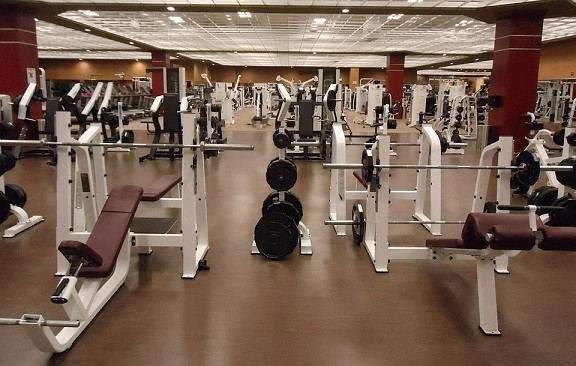Stop Chasing Payments. Start Recovering Revenue.
The Gym Owner’s Dilemma: When Unpaid Dues Kill the Vibe
Your club runs on energy and community—not awkward phone calls about money. Yet churn, expired cards, chargebacks, and cancellation disputes can quietly squeeze cash flow. That’s where Nexa Collect comes in: we recover unpaid membership dues, PT packages, class packs, initiation fees, and more—professionally and in a way that protects your brand.
Nexa provides 100% reputation-safe, equipped with all 50-state collections license, offering free credit reporting, free litigation, free bankruptcy scrubs, and zero onboarding fees. Secure – SOC 2 Type II & HIPAA compliant. Over 2,000 online reviews rate us 4.85 out of 5.
Need a Collection Agency? Contact us
Your Team Isn’t Built for Collections. Ours Is.
Front-desk or back-office staff aren’t trained in collection laws and can create risk without meaning to. Let your team focus on member experience and sales. Our certified collectors handle the tough conversations with a compliant, diplomatic approach.
A Two-Phase Process Designed for Fitness Businesses
Phase 1: Brand-Safe Reminders (Low, Flat Fee)
Best for: Accounts under 120 days past due.
• Up to 5 professional reminders (letters and/or emails) that feel like formal notices—not attacks.
• About $15 per account; members pay you directly.
• Ideal first step to fix oversights, card failures, or address changes.
Phase 2: Full Contingency Collections (No Recovery, No Fee)
Best for: Older or disputed accounts (over 120 days).
• Expert negotiators use respectful calls and follow-ups to resolve balances.
• No upfront cost. We earn a percentage only if we recover.
Serving Fitness Centers Nationwide |
Why Gyms and Health Clubs Choose Us
• Brand protection: compliant, member-friendly outreach that preserves your reputation.
• Real-time portal: submit accounts, track progress, and download reports 24/7.
• Credit-bureau option: with your approval, we can report delinquencies to major bureaus—an ethical, effective motivator.
• Easy to pay: online and phone payments reduce friction and speed resolution.
• Security and access: PCI-aware systems; bilingual (English/Spanish) communication to reach more members.
Transparent Pricing. Strong Outcomes.
Choose the phase that fits each account and budget. See transparent pricing and pick the most cost-effective path for your gym.
Act Early. Recover More.
Don’t let receivables age out. The sooner you escalate, the higher the recovery—and the less time your staff spends chasing payments.
Get recommendations tailored to your gym. Contact us to start recovering unpaid dues today.

